Dipping Your Toes into the Classics
How to improve your reading tastes while avoiding the desire to kill yourself.
You should want to read better books. What you read becomes part of your mind's junk drawer, helping create your future thoughts. The better the books you read, the better your thoughts.
What are “Better Books?”
“Better books” means books that have lasted through war and famine, books that have grown more beautiful with age, books that have withstood the test of time. 500,000 to a million new books are published every year, and most will end up on the great trash heap of history, worth no more than the paper they were printed on.
Let time do the sorting for you. And that means reading the classics. While the classics aren’t perfect, their flaws are not characteristic of our age.
From C.S. Lewis:
Every age has its own outlook. It is especially good at seeing certain truths and specially liable to make certain mistakes. We all, therefore, need the books that will correct the characteristic mistakes of our own period. And that means the old books…. Not, of course, that there is any magic about the past. People were no cleverer then than they are now; they made as many mistakes as we. But not the same mistakes. They will not flatter us in the errors we are already committing; and their own errors, being now open and palpable, will not endanger us.
Don’t Jump Into the Deep End Without Knowing How to Swim
Many people have committed to reading more classics, so they pick up Moby Dick or Ana Karenina or Aristotle’s Nichomichean Ethics, and after two weeks, the book is already collecting dust. They have given up.
They tried to sprint before they could crawl. Even for those who love to read, many classics can be a chore to get through if you haven’t built up the requisite muscles. There is a reward on the other side of this pain, but doing that fifth pull-up feels impossible, and your arms are already jelly.
But it doesn’t have to be this way. There are classics that go down as smooth as ice cream, and while they are still some work, they offer their fruit with far less time and effort. They help you train your palette.
The Classics to Start With
Cannery Row by John Steinbeck - If The Grapes of Wrath or East of Eden seem daunting, start with Cannery Row. It's funny, poignant, and short, but still infused with Steinbeck's genius. It will leave you wanting to read more of his stuff. Which is good.
Pride and Prejudice by Jane Austen - This is Austen's most popular book for a reason. It's a crowd-pleaser, full of wit and wisdom, and doesn't demand too much from the reader before it gives up its treasures.
To Kill a Mockingbird by Harper Lee - If you haven't read this book since high school, it deserves more of your time. It's funnier than you remember despite its heavy subject matter.
The Short Happy Life of Francis Macomber by Ernest Hemingway—A safari in Africa, marital strife from the husband's cowardly actions—a lot is packed into this short story, which you can find for free online. Hemingway's ideas of masculinity are on full display.
The Screwtape Letters by C.S. Lewis - This book reads like it was written yesterday. It gets you used to a different format (epistolary) and provides you with lots of wisdom. If you think older books have to be long, boring, and sound old, this book will cure you of that.
Meditations by Marcus Aurelius - This book is on every lame "read these books to be rich and successful, bro" list, but it does belong here. You can finish it quickly, and you'll be able to think the thoughts of someone who lived 2000 years ago.
Right Ho, Jeeves by P.G. Wodehouse - Another author who is helpful in breaking your prejudice against older books. Wodehouse has a gift for humorous metaphors. Good, plain fun. You can also try Joy in the Morning and Leave it to Psmith.
The Great Gatsby by F. Scott Fitzgerald - Another book you should revisit if you only read it in high school. You'll find it far funnier and more poignant than when you were a kid, and it's a very easy read.
Euripides - The Greek tragedies deal with all sorts of topics and are filled with insight and poetry. I’ve found Euripides much easier to get into than Sophocles or Aeschylus, the other famous Greek playwrights. Get used to the format and flow. It will help you prepare for Shakespeare if that’s the direction you want to go. Try Alcestis and Medea first.
The Lord of the Rings by J. R. R. Tolkien - Tolkien’s style resists getting to the point. It dances and rests and floats around in ways unfamiliar to modern readers, which is one reason so many people find it tedious to get through and just content themselves with the movies. Yet it is readable and magnificent. And if you are willing, Tolkien will help train you to read his influences.
What Cadence?
Continue to read what you enjoy, but make a pact with yourself and follow the advice of C.S. Lewis. For every two new books you read, pick up an older one. This pattern is doable for almost everyone, and you won’t get burnt out.
If you read multiple books at a time, always have one of the classics in the rotation. Read a few pages a day. Dipping in and out is great exercise.
Find something you love, then dive deeper. Once you come up for air, you'll find yourself stronger and better equipped to handle other things. Start branching out, picking up heavier weights, and doing more reps.
Do you have any other classic recommendations?



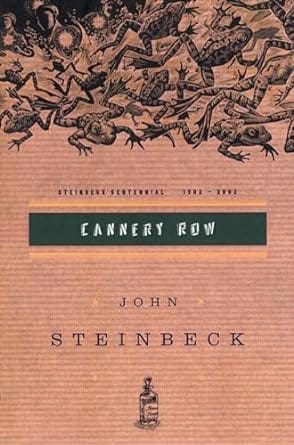


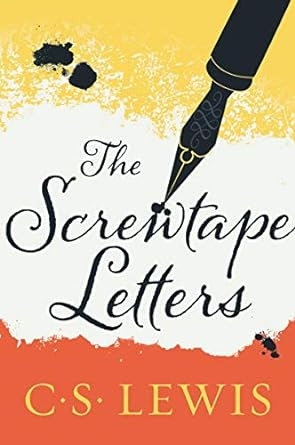
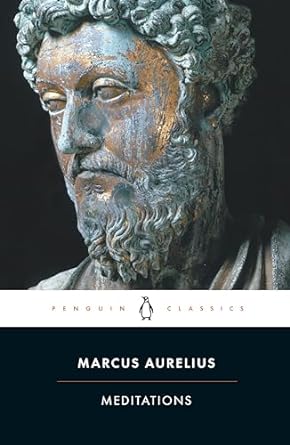

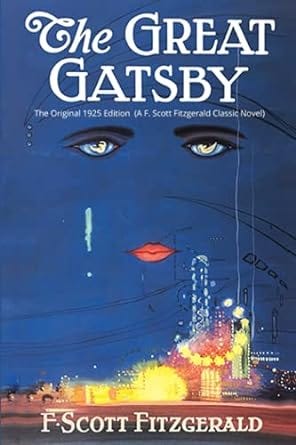
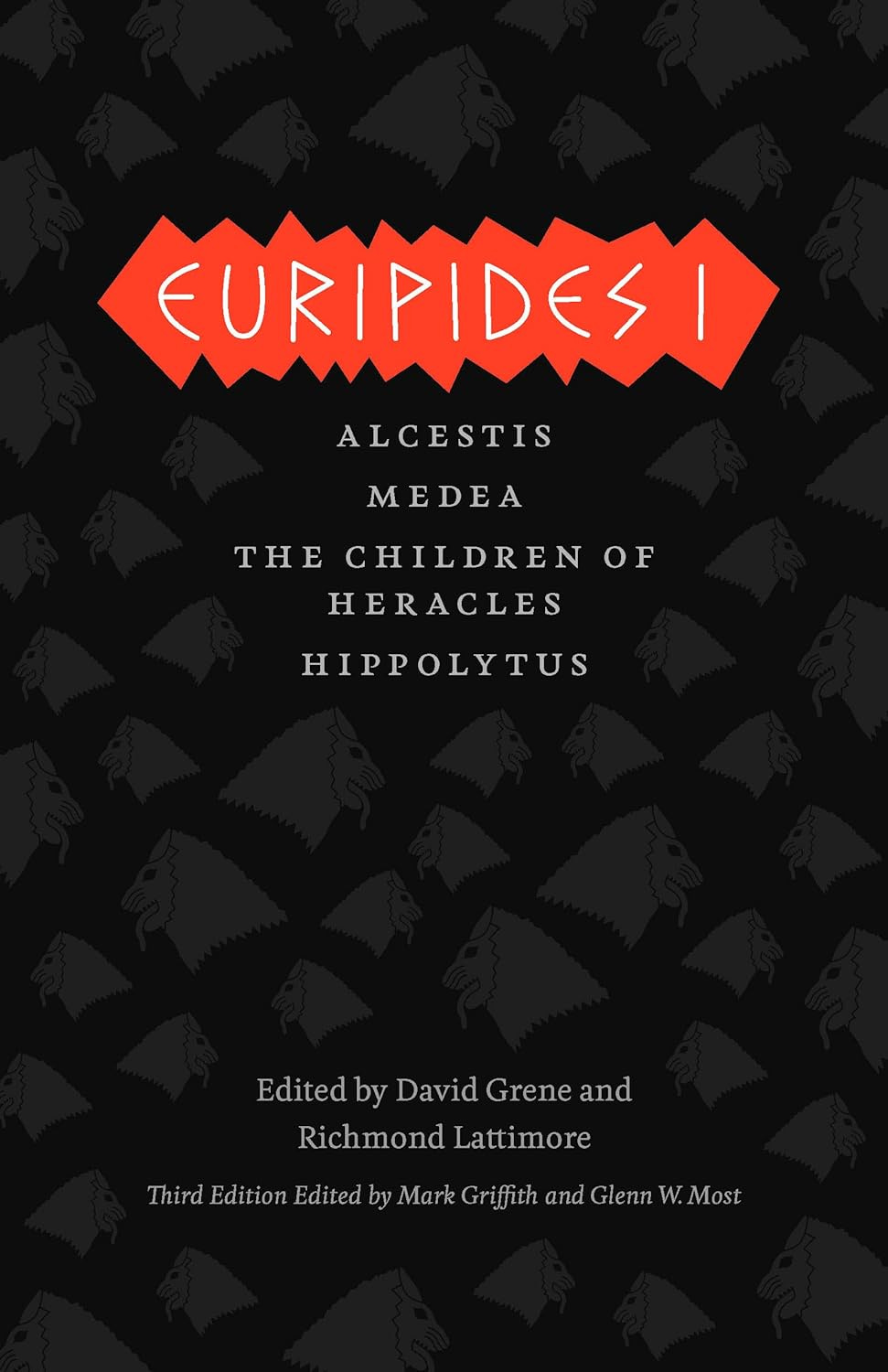
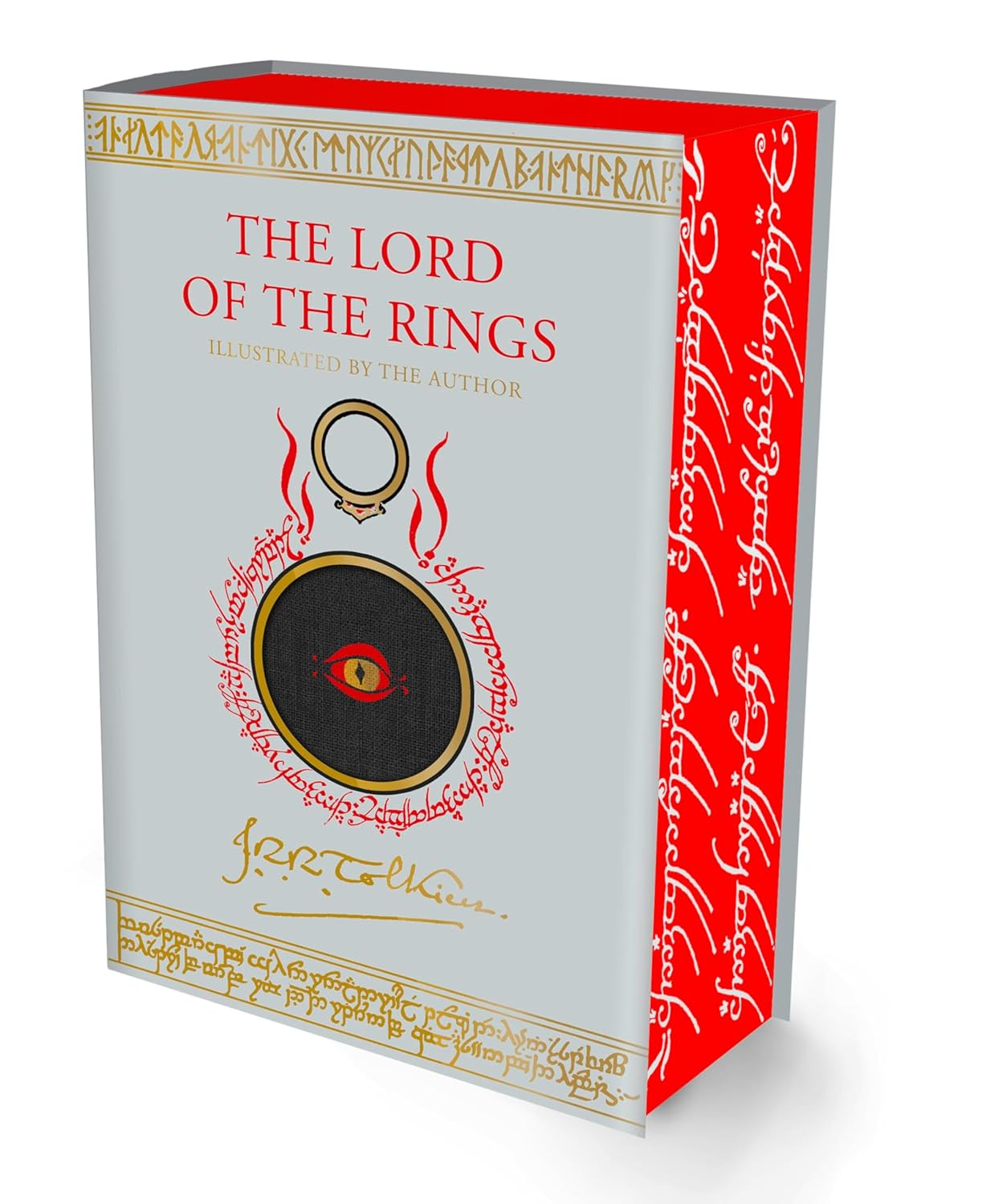
Your choice of The Short Happy Life of Francis Macomber is a good one.
Most writers of great works also wrote short stories and essays throughout their careers. Starting with these might help someone to get a sense of a writer’s voice and help decide whether to dig deeper without just becoming frustrated.
It might be better to read through a few of Tolstoy’s short stories first, rather than just diving into War and Peace.
Nice starter list!